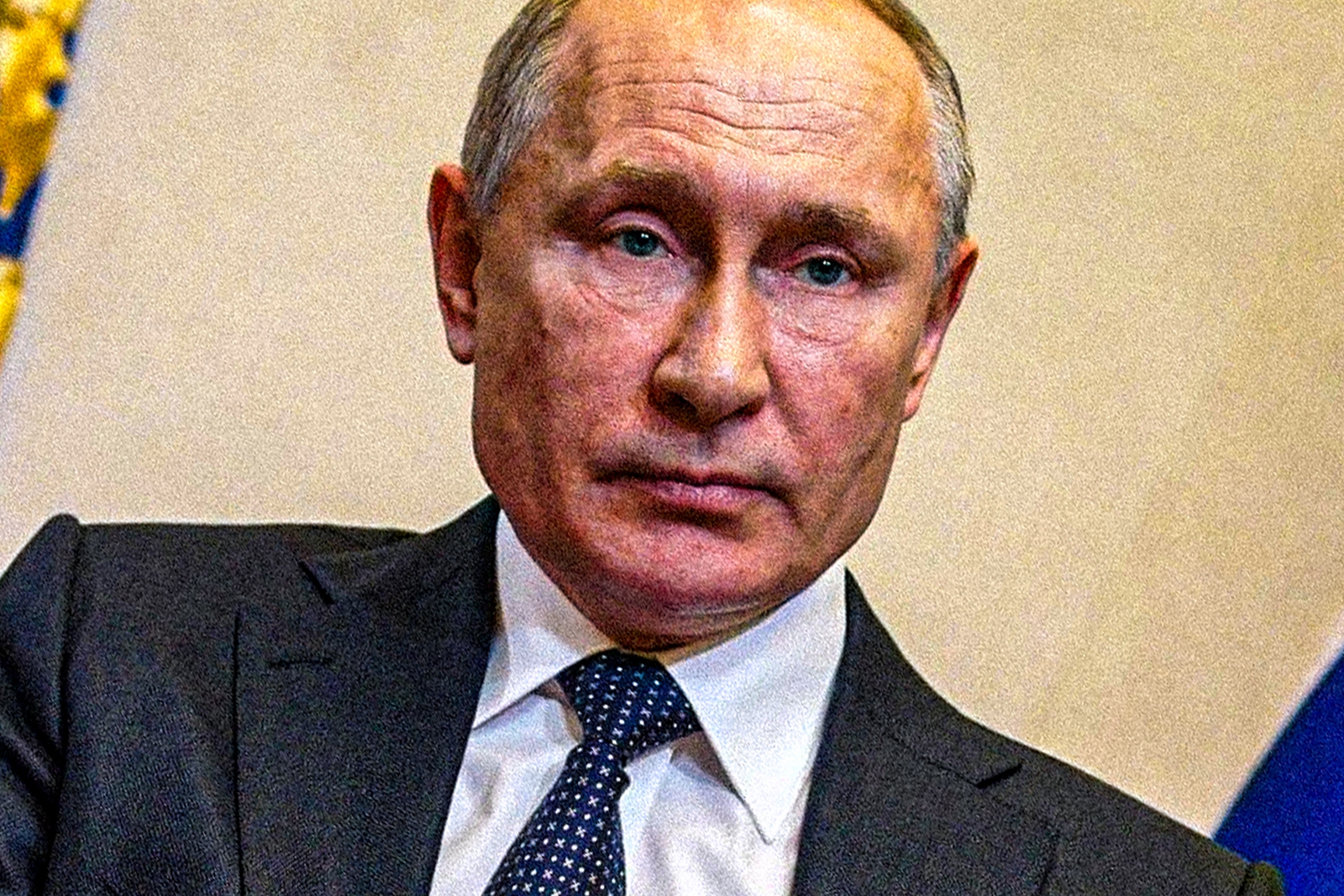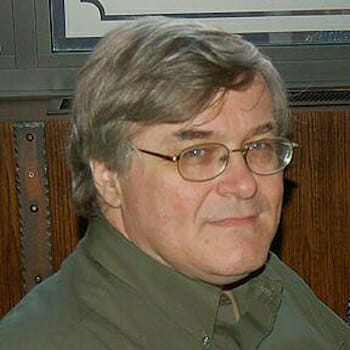
Putin’s War on the World
In February, Russian President Vladimir Putin launched an unprovoked invasion of Ukraine. Even as I write this his troops are still bombing civilian targets and killing women, children, and the elderly.
I will start this by saying that Putin is destroying the most valuable “resource” there is —other people. But Putin’s assault is also directly destroying trillions in wealth that has been accumulated over the years. It is the most violent assault on human prosperity since another narcissistic dictator, Adolph Hitler, did something quite similar.
The World Economic Forum warned that Putin’s invasion “has been causing knock-on effects globally.” In just one day he “wiped nearly $1 trillion off the value of the global stock market.”
They noted: “Wheat prices hit their highest since mid-2008 as markets tried to gauge the consequences on grain and oilseed supplies from the conflict between Russia and Ukraine – two of the world’s biggest exporters.” Reuters warned, “South Africa will feel the impact of the Russia-Ukraine conflict on food prices.”
Brookings Fellow Danielle Resnick says the connections between Africa and Ukraine are more intricate than people realize: “Despite the geographical distance, there are important ties between Ukraine and Africa, including more than 8,000 Moroccans and 4,000 Nigerians studying in Ukraine and over $4 billion in exports from Ukraine to Africa.”
Resnick goes on to write: “The invasion of Ukraine could pose hardships for African households, the agricultural sector, and food security. The rising price of oil on global markets—induced by the crisis in Europe—will have direct impacts on the cost of transport. In fact, South Africa’s automobile association predicts that March will bring record-high fuel prices to that country. In Zambia, which agreed to cut fuel subsidies in order to adhere to post-pandemic debt negotiations with the International Monetary Fund (IMF), rising costs will make such reforms even more unpopular than they already were. Much to the disappointment of the IMF, last month, Nigeria already backed away from its plans to cut fuel subsidies after planned protests from labor unions and opposition parties.”
Leonard E. Read’s essay “I, Pencil” may seem like a change of topic, but I think you’ll see how it is directly related. Read started with a provocative claim that no one knew how to make a pencil, and yet, there are pencils.
What he meant was thousands of people, all knowledgeable in their own fields, do things which, in the end means there are pencils. Read said “millions of human beings have had a hand” in creating pencils but, “There isn’t a single person in all these millions, including the president of the pencil company, who contributes more than a tiny, infinitesimal bit of know-how.”
Nobel Laureate Milton Friedman found this intricate process remarkable because “No one sitting in a central office gave orders to these thousands of people. No military police enforced the orders that were not given. These people live in many lands, speak different languages, practice different religions, may even hate one another —yet none of these differences prevented them from cooperating to produce a pencil.”
Most of us would say the absence of a military police enforcing economic “planning” is a good thing. But it runs counter to the authoritarian mindset of the narcissists who see themselves as giving the orders. Putin himself has no love for voluntary cooperation —he wants to be the new Tsar; destroying this web of human cooperation would suit his purposes.
Matthew Yglesias, notes this unplanned system of market cooperation means consumers “reaped large benefits from a world of specialization, comparative advantage, just-in-time shipping, and elaborate supply chains.”
But the anti-democratic dictatorships of the world see it as a hindrance to their desire to rule with an iron fist. Putin would much rather smash other nations and take them over without economic costs. So, he wants economic segregation. In a free world, nations that go beyond the moral pale can face economic costs. End trade and they don’t have to worry.
Dictatorial regimes prefer to be “self-sufficient”—even if it means more poverty. But the goal of their leaders isn’t prosperity but personal control over the lives of others, and it is never the “leader” who suffers deprivation, just the people. Yglesias warns that such a deglobalized world doesn’t only mean less prosperity, but “is one in which disruptions and conflict are more thinkable.”
The same point was made by Otto Tod Mallery in Economic Union and Durable Peace: “Unless shackles can be dropped from trade, bombs will inevitably drop from the sky.”
Vladimir Putin’s war is a war on the besieged people of Ukraine, but it is also a war on the entire global structure of social cooperation between nations. But that system comes with discipline which hinders the wishes of dictators everywhere. It is for that very reason most of the world’s nations damned Putin’s genocide while a handful of dictatorships stood with Russia; nations who prefer to hold the whip even if the people they “rule” must starve.
